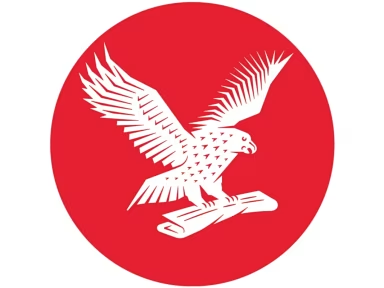Many customers who have become reliant on ‘buy now, pay later’ credit have racked up unmanageable debt and are in need of emergency support, Citizen Advice warns.
The government is being urged to step in after the amount of customers using unregulated ‘buy now, pay later’ credit has skyrocketed to £1.7bn.
Advisers have warned households are now dependent on such schemes to afford household essentials such as a weekly shop, and missed payments can lead them in the hands of debt collectors.
Since 2020, despite calls for regulation of BNPL, the market has quadrupled in size to reach a record total of £30bn this year.
Morgan Wild, interim director of policy at Citizens Advice told the Guardian: “In that time, use has rocketed, and our frontline advisers are now seeing three times as many people who need help to repay their debts as a result.
“Many of them require emergency support, like food bank vouchers, which is ringing alarm bells that lenders are failing to protect people from the risk of unmanageable debt.”
More than £1 in every £7 spent online in the first three months of 2024 was from a pay later scheme, according to figures compiled by Adobe Digital Insights.
So far, the total online expenditure under such deals was a sum of £16.7bn with a further estimated £9bn spent in physical shops using buy now, pay later deals, according to data collected by the Observer.
In theory, BNPL can be a way for people to spread the costs without incurring interest.
But concerns have been raised that some people could take on too much debt, which could end up being difficult and costly to pay off.
There has also been a jump in Baby Boomer and Generation X age groups using buy now, pay later (BNPL) to fund baby products, according to new data.
BNPL provider Clearpay, which released the figures, defined Gen X as people aged 44 to 59 and Baby Boomers as being aged 60 to 78.
It recorded a 165% increase in sales for prams, 228% for moses baskets and 239% for baby carriers from these generations combined, when comparing the period November 1 2022 to February 14 2023 with November 1 2023 to February 14 2024.
Labour MP Stella Creasy noted that the government closed their consultation on “buy now, pay later” regulation yet there is not yet regulation and she deems this delay has plunged more people into debt.
A spokesperson for Klarna told the Guardian they have customer safeguards in place and that just 0.6% of transactions were referred to debt collectors.
This article was written by Lydia Patrick from The Independent and was legally licensed through the DiveMarketplace by Industry Dive. Please direct all licensing questions to legal@industrydive.com.

